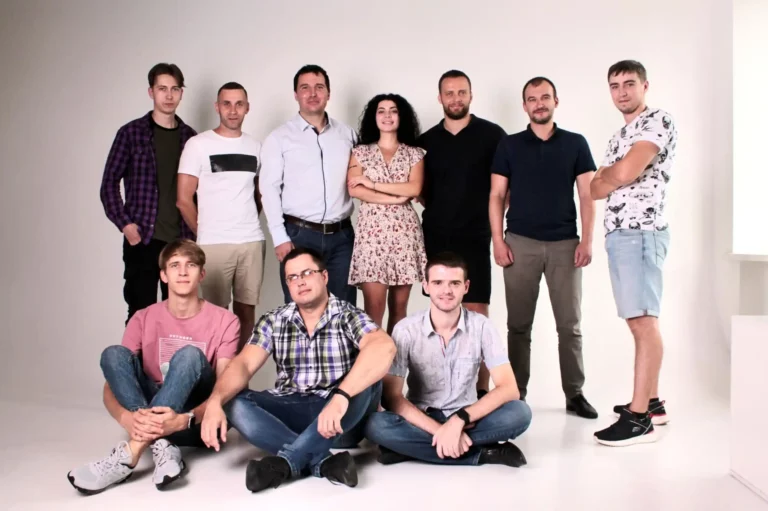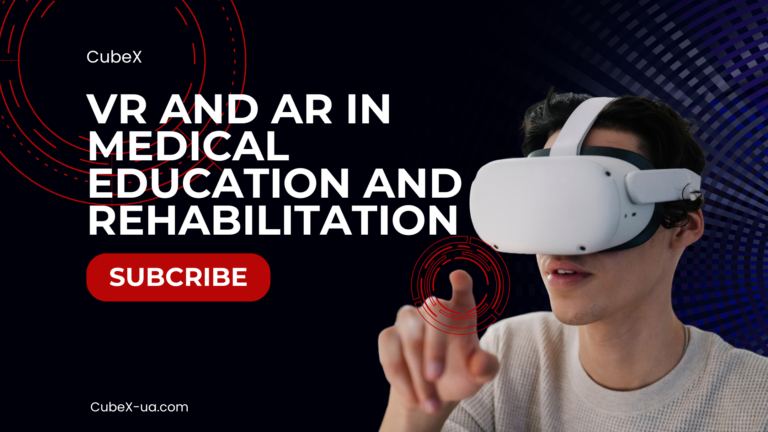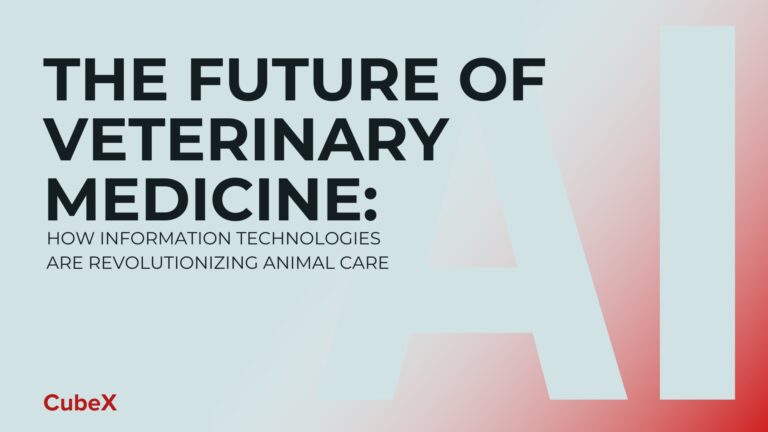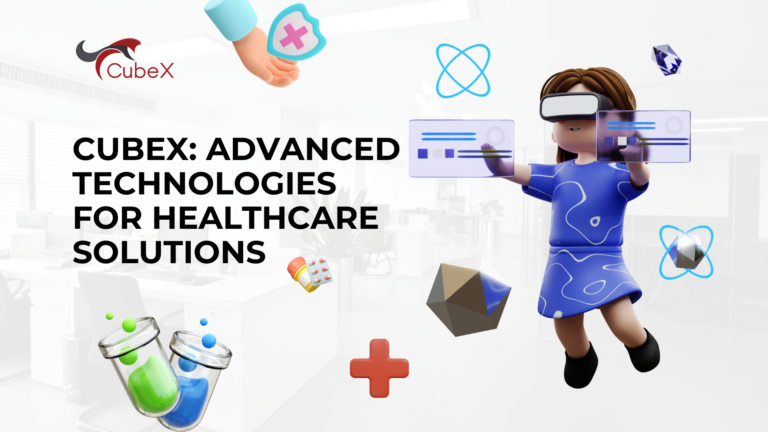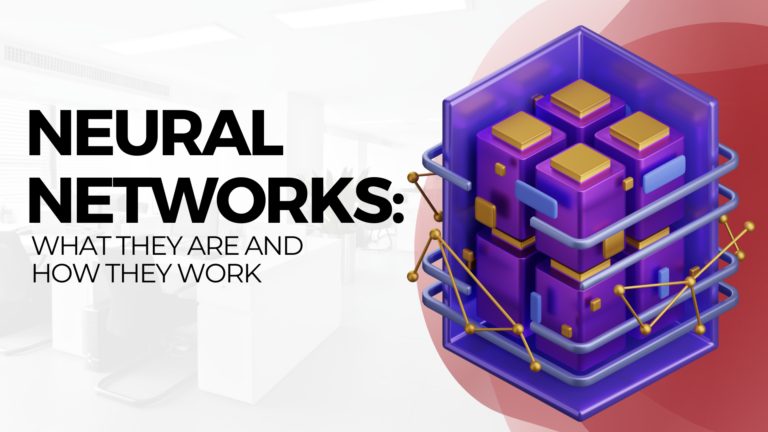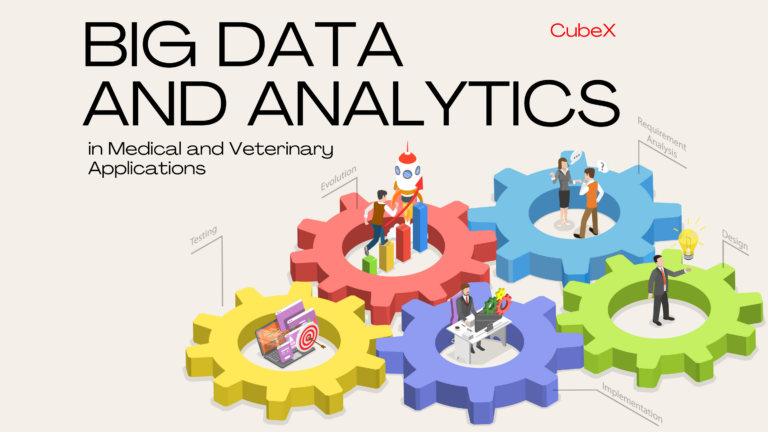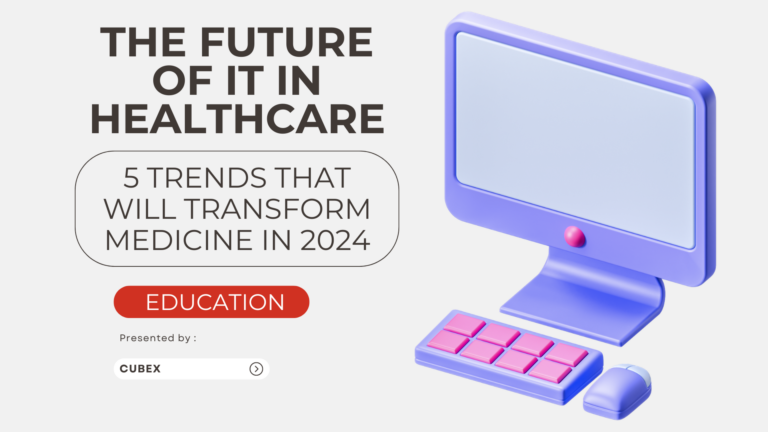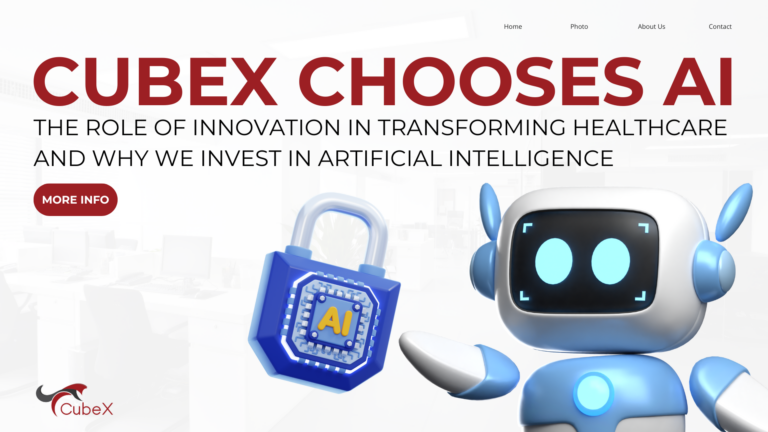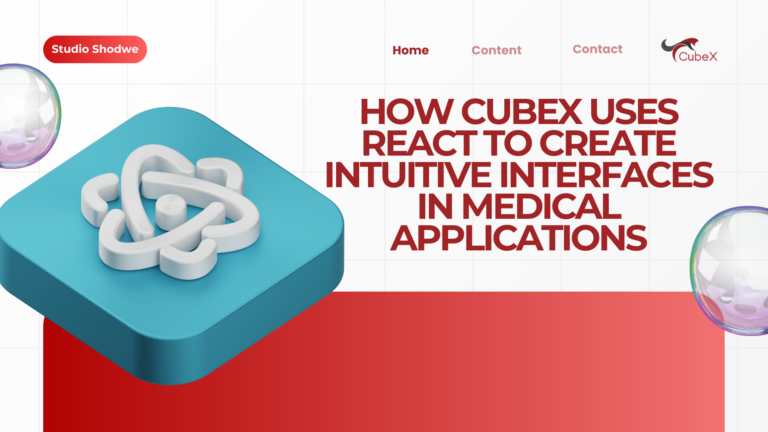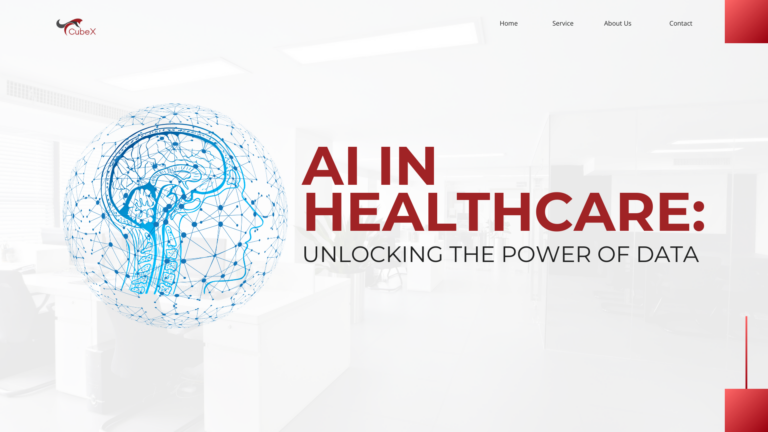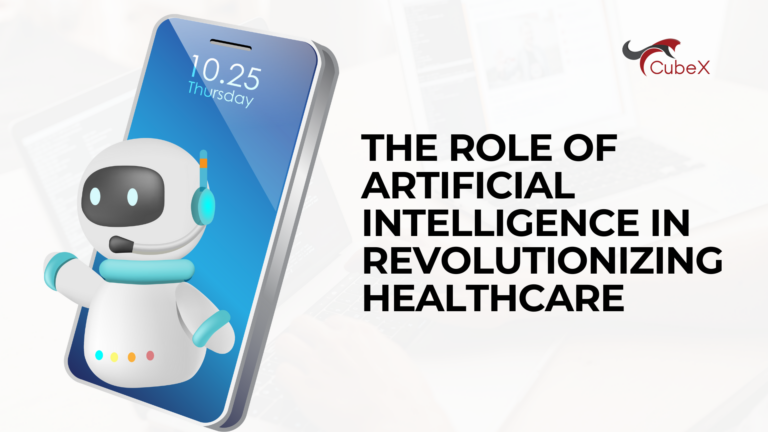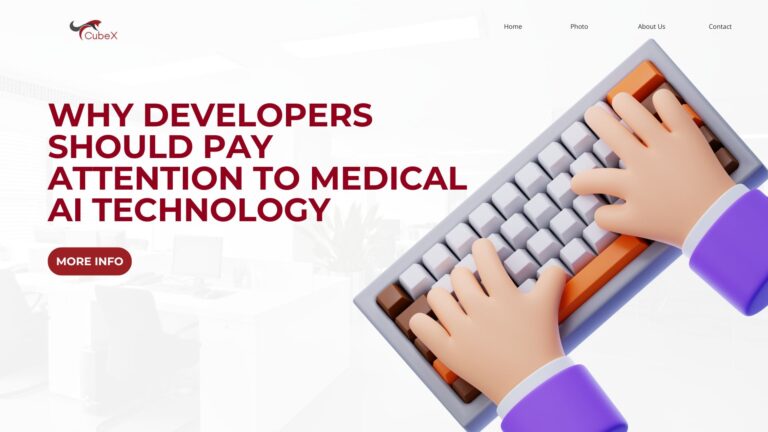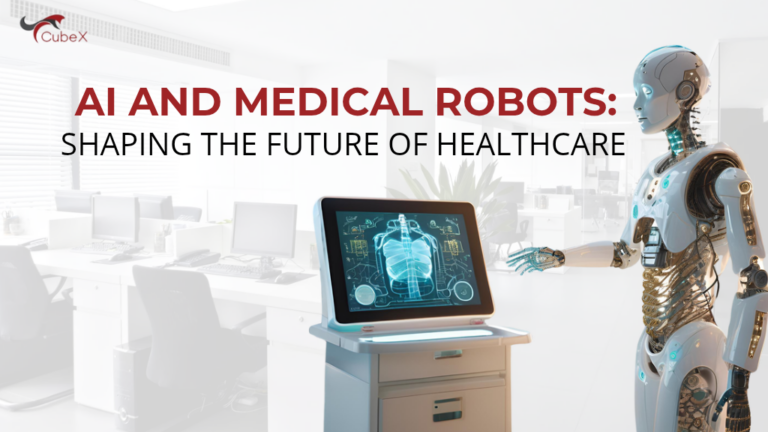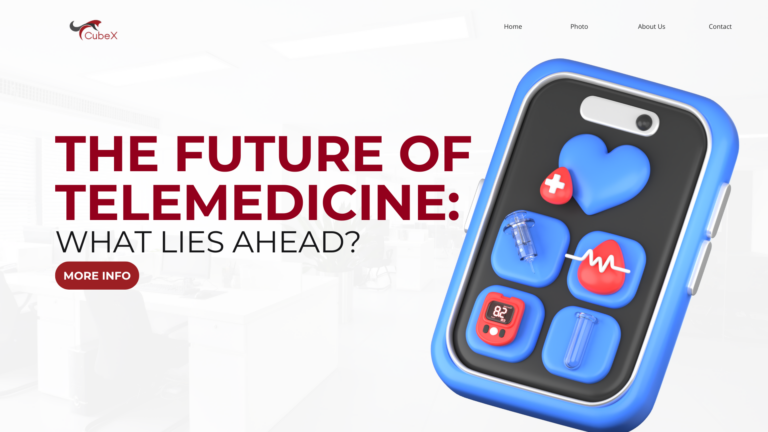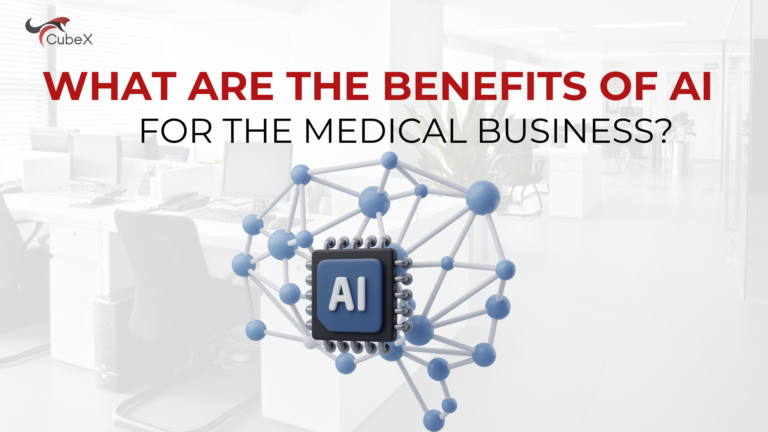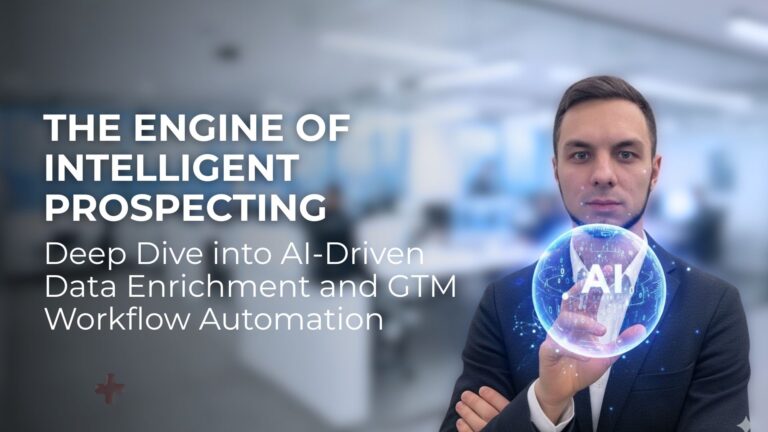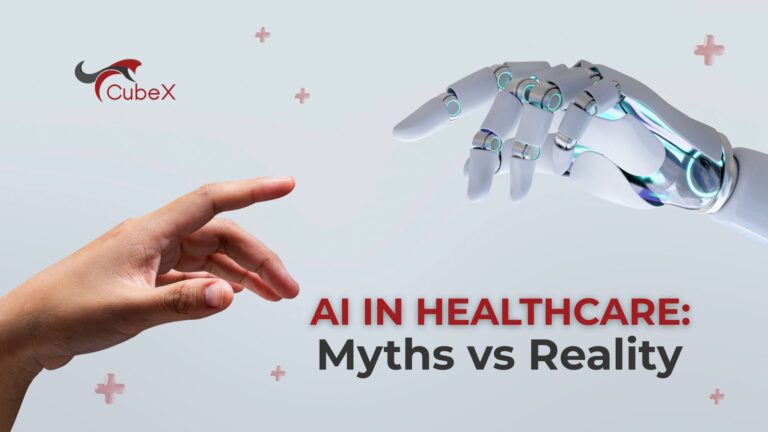AI in the Search for Effective Treatments for Rare Diseases: Revolutionizing Healthcare

The healthcare industry is at a crossroads where artificial intelligence (AI) is poised to change the landscape of medical research and treatment. One of the most promising areas where AI is making a significant impact is in the diagnosis and treatment of rare diseases. These conditions, affecting a relatively small percentage of the population, often go undiagnosed for years, and their treatments are complex and challenging to develop. However, AI is now playing a pivotal role in reshaping how we approach rare disease diagnosis, treatment, and drug development.

The Challenges of Rare Diseases
Rare diseases, defined as conditions affecting fewer than 1 in 2,000 people, pose a unique set of challenges. There are over 7,000 rare diseases identified globally, and combined, they impact around 400 million people worldwide, according to the World Health Organization (WHO). Despite their widespread impact, these diseases have historically received limited attention from pharmaceutical companies and researchers due to their small patient populations and the high costs associated with research and development.
Doctors often face difficulties diagnosing rare diseases because many of these conditions have overlapping symptoms with more common illnesses. This delay in diagnosis results in longer suffering for patients and can complicate the search for effective treatments. Furthermore, the lack of sufficient clinical data makes it even more difficult to identify the most appropriate therapies.
How AI is Changing the Game
AI is fundamentally transforming the way we understand, diagnose, and treat rare diseases. The use of AI in healthcare, especially in the context of rare diseases, is becoming more prominent as advancements in machine learning and data analytics open up new possibilities. AI systems are capable of analyzing vast datasets, including medical records, genetic information, and clinical studies, to uncover patterns and insights that are often overlooked by traditional methods.
Data-Driven Insights for Faster Diagnosis
AI’s ability to process and analyze large volumes of data at high speeds is revolutionizing the diagnostic process for rare diseases. With AI-powered tools, doctors can identify patterns within patient data more effectively, enabling earlier and more accurate diagnoses. Machine learning algorithms are trained to recognize subtle signs in medical images, lab results, and genetic data, which might otherwise be missed by the human eye.
For example, AI can analyze genomic data from patients and compare it to vast repositories of genetic information, helping researchers identify genetic mutations associated with rare diseases. According to a study published by the National Institutes of Health (NIH), AI models have shown great promise in identifying rare genetic disorders that previously went undetected for years. The use of AI has led to faster identification of conditions like rare cancers, neurodegenerative diseases, and metabolic disorders.
Reducing Time for Treatment Development
In the pharmaceutical industry, the process of developing new treatments for rare diseases is notoriously long and expensive. It can take over a decade and cost billions of dollars to bring a new drug to market. However, AI is helping to streamline this process.
AI algorithms can rapidly analyze millions of potential drug compounds to predict their effectiveness in treating a particular disease. This significantly speeds up the drug discovery phase by allowing researchers to focus on the most promising compounds. In fact, AI can shorten the drug development timeline by up to 50%, according to a study conducted by McKinsey & Company.
Additionally, AI can simulate clinical trials using digital models, reducing the need for lengthy and costly human trials. These simulations can predict how a drug will perform in the human body, which accelerates the approval process and brings life-saving treatments to patients more quickly.
Case Studies of AI in Rare Disease Treatment
Several companies and research institutions are already leveraging AI to make strides in rare disease treatments:
- IBM Watson for Oncology: IBM’s AI-powered platform has been used to analyze vast amounts of medical data to help doctors make informed decisions about cancer treatment. In collaboration with Memorial Sloan Kettering Cancer Center, Watson has helped identify new treatment plans for patients with rare and complex cancer types.
- Exscientia and Insilico Medicine: These companies are using AI to accelerate drug discovery for rare diseases. Exscientia, for example, used AI to develop a novel drug for a rare form of cancer in record time. Similarly, Insilico Medicine is applying AI to target genetic mutations that cause rare diseases, cutting down research time dramatically.
- DeepMind’s AI for Protein Folding: DeepMind, a subsidiary of Alphabet (Google’s parent company), is using AI to predict how proteins fold. This breakthrough has major implications for the treatment of rare diseases like cystic fibrosis, where protein folding plays a key role. DeepMind’s AI model, AlphaFold, has shown promise in predicting protein structures with an unprecedented level of accuracy.
The Future of AI in Rare Disease Treatment
As AI technologies continue to evolve, their applications in rare disease treatment will only expand. The integration of AI with genomic research, medical imaging, and electronic health records (EHR) will provide doctors and researchers with even more powerful tools to diagnose and treat rare diseases.
One exciting area is precision medicine, where treatments are tailored to the genetic makeup of individual patients. AI can help identify the genetic markers of rare diseases, allowing for highly personalized treatment options. This level of precision will not only improve outcomes for patients but also reduce the costs of ineffective treatments.
Furthermore, AI-powered virtual clinical trials could become more common in the future. These trials would allow researchers to gather data on rare diseases from diverse populations, providing a more comprehensive understanding of the disease and its potential treatments.
Conclusion
AI is a game-changer in the fight against rare diseases. Its ability to process vast amounts of medical data, identify hidden patterns, and streamline drug development is making it possible to diagnose and treat rare conditions faster and more effectively. The use of AI in healthcare is not just about improving efficiency—it’s about saving lives and improving the quality of life for millions of patients worldwide.
At CubeX, we are committed to leveraging AI and other cutting-edge technologies to advance healthcare and make a real impact on rare disease treatment. We believe that the future of medicine lies in the intersection of AI, data, and human expertise, and we are excited to be part of this transformative journey.
#AI #RareDiseases #HealthcareInnovation #MachineLearning #DataScience #MedTech #CubeX #TechForGood #PrecisionMedicine
Contact Us
Please contact us for any further information

